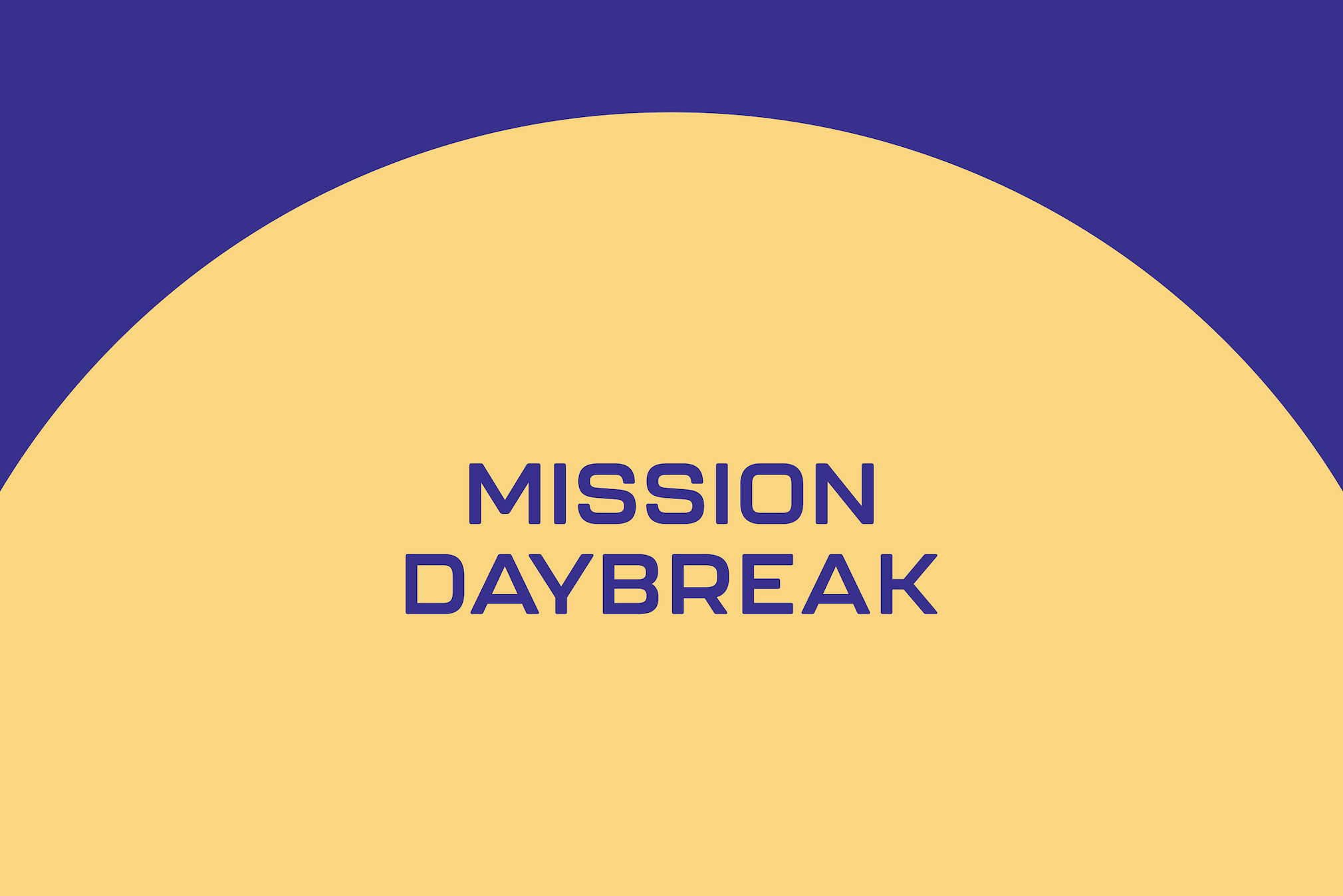A $20 million grand challenge to reduce Veteran suicides.
Suicide is a serious public health problem that affects communities everywhere. In 2019, more than 45,000 American adults died from suicide, including 6,261 U.S. Veterans. Suicide prevention is a complex problem, with a multitude of risk and protective factors that affect every individual differently — and the unique nature of the Veteran experience can often make Veterans particularly vulnerable. To be effective, prevention efforts must meet individuals where they are, rather than take a one-size-fits-all approach. As Veterans reflect the diversity of the U.S. population, new interventions that offer healing and recovery to Veterans will also support suicide prevention efforts for all communities.
This week, the U.S. Department of Veterans Affairs launched Phase 1 of Mission Daybreak, a $20 million grand challenge to reduce Veteran suicides. VA calls on innovators to develop suicide prevention solutions that meet the diverse needs of Veterans. The grand challenge, designed and produced by Luminary Labs through a contract with Capital Consulting Corporation, is part of VA’s 10-year strategy to prevent Veteran suicide through a comprehensive, public health approach.
Suicide has no single cause, and no single strategy can end Veteran suicide. That’s why Mission Daybreak is fostering solutions across a broad spectrum of focus areas. A diversity of solutions will only be possible if a diversity of solvers — including researchers, technologists, advocates, clinicians, and health innovators — answer the call to collaborate and share their expertise.
An ecosystem of support for innovators and solutions
Mission Daybreak builds on VA’s long history of advancing health innovation to create an entire ecosystem of support for innovators and their solutions. In Phase 1, all eligible entrants are invited to submit detailed concept papers by July 8. Proposed solutions should seek to significantly reduce Veteran suicides by addressing one or more of the challenge focus areas. Some finalists will have market-ready solutions, while others will have early concepts — in Phase 1 of Mission Daybreak, the quality of the idea and potential for viability is more critical than present-day maturity.
Phase 1 will award $8.5 million in prizes: 30 finalists will each receive $250,000 and advance to Phase 2, where they will gain exclusive access to accelerator resources. An additional 10 teams will each receive a Promise Award of $100,000.
In Phase 2, finalists will participate in an eight-week virtual accelerator, which will provide resources — from exclusive data sets to networking and mentorship — to help solvers prepare their final submissions. In November 2022, finalists will present their solutions to key stakeholders, investors, and partners at Demo Day, a live pitch event. A Phase 2 submission should include an ambitious but achievable roadmap for bringing the concept to life through prototyping, iteration, testing/validation, or evaluation.
Phase 2 will award $11.5 million in prizes: Two first-place winners will each receive $3 million, three second-place winners will each receive $1 million, and five third-place winners will each receive $500,000.
Learn more about the $20 million grand challenge
Register to attend Phase 1 webinars on June 7, 14, and 16. Visit the Mission Daybreak website to learn more and sign up for challenge updates.
If you or someone you know are in crisis or have thoughts of suicide, contact the National Suicide Prevention Lifeline for 24/7 support: Call 1-800-283-TALK or chat online at SuicidePreventionLifeline.org/chat.
If you’re a Veteran having thoughts of suicide or concerned about one, contact the Veterans Crisis Line for confidential 24/7 support. Call 1-800-273-8255 and Press 1, chat online at VeteransCrisisLine.net/Chat or text to 838255.
Reporters covering this issue can download VA’s Safe Messaging Best Practices fact sheet or visit ReportingOnSuicide.org for important guidance on how to communicate about suicide.

